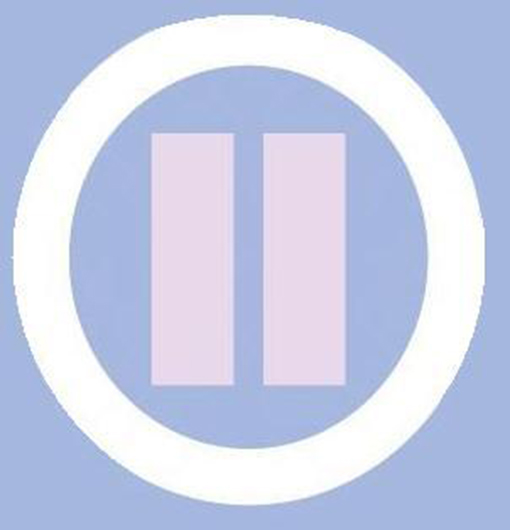Common daily dental habits such as brushing, flossing and using mouthwash certainly contribute to a patient’s good hygiene. But not everyone realizes the connection between eating and dental health. It’s not enough to just brush and floss after eating. WHAT you eat has a huge impact on your overall dental health. Emphasizing certain foods in your diet-and excluding some others-will go a long way towards improving and maintaining good dental health.
Here are some dental health and eating tips to follow:
Minimizing or cutting out snacking in between meals is a great way to lose weight. It’s also among the more underrated daily dental habits. The less you eat between meals, the less your teeth are exposed to the types of acid that wear down enamel. As importantly, little or no snacking in between meals means there’s less opportunity for food to stick to your teeth or get stuck between the teeth and gums.
If you must snack between meals, items such as meats, cheeses and nuts are recommended as good eating and dental health choices since they actually help the enamel on teeth. Avoid at all costs the usual suspects-sugary items such as candy, cakes and cookies, items that are heavy in carbohydrates such as breads, crackers and French fries and dried fruits such as raisins and bananas. All these foods contain sugar that can generate harmful acid. As tasty as most of those foods are, avoid them in order to maintain good eating and dental health habits.
Eating and dental health is also a matter of watching what you drink in between meals. Water-particularly water that has fluoride in it-an unsweetened tea, which also contains fluoride, are the best drinks, both during and between meals. Try to avoid drinks with sugar, such as sodas and fruit juices. And if you do consume sugary drinks, make sure to drink them as fast as possible and don’t sip them over a long period of time. The longer you sip a sugary drink, the more your teeth are exposed to acids.
Looking for something to do in between meals that might take your mind off snacking? Chewing sugarless gum cuts down on the bacteria in a mouth by increasing the amount of saliva. And Xylitol, a sweetener in some sugarless gums, also reduces bacteria.
Follow a balanced diet. The five food groups are as reliable as always: Fruits, vegetables, meat, milk products and bread products. Sure, some of these foods that contribute to bacteria in the mouth and on teeth, but there is no avoiding them in a good diet. Moderation is key, and the damage can be greatly limited by brushing your teeth immediately after a meal.
Good daily dental habits must include paying particular attention to what, when and how you eat! Eating and dental health is a symbiotic relationship. Making sure you follow good eating habits will improve your dental health, minimize any potential tooth decay problems-and make your dentist very happy!
About the Author
Dr. Goldberg received his D.D.S. from University of Maryland at Baltimore. He is a member of the American Dental Association, the New Jersey Dental Association, the Jersey Coast Dental Forum, and the Seattle Study Club. His pursuit of continuing education annually exceeds state requirements including the Mid-Atlantic Dental Implant Center and a 2003-2004 Residency in Implant Prosthetics. Howell Dental Associates
Article Source: http://EzineArticles.com/?expert=Jason_M_Goldberg
About Manifest Excellence, LLC
Manifest Excellence, LLC supports people with optimizing personal wellness by addressing the five key areas that impact health. They combine over 20 years traditional medical experience with a comprehensive & holistic wellness philosophy to provide innovative and effective wellness strategies. They enthusiastically teach a comprehensive approach to health and wellness that addresses mental, emotional, social, spiritual and physical wellbeing. For more information visit http://www.ManifestExcellence.com
- 10 Quick, Easy Holiday Self-Care Tips - December 15, 2017
- Health Benefits of Kindness and Compassion - June 3, 2017
- Why Self-Care is Good for Your Health - May 10, 2017





